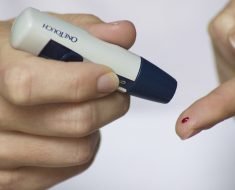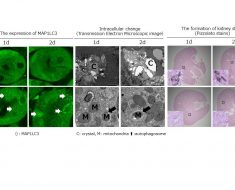JAMA Oncology recently published data from NRG Oncology’s RTOG 0618 trial [clinicaltrials.gov identifier NCT00551369], which shows that the utilization of Stereotactic Body Radiation Therapy (SBRT) as a treatment for medically operable lung cancer is associated with favorable primary tumor control and local control rates.
“The current standard therapy for this patient population is surgical resection because cure rates have been highest, but even for operable patients, surgery can be challenging,” stated Robert D. Timmerman, MD, from the Department of Radiation Oncology at the University of Texas Southwestern Medical Center in Dallas and the lead author of the publication. “We began NRG-RTOG 0618 building on the work we did with SBRT in medically inoperable early-stage lung cancer. We hypothesized that this newer treatment method might also effectively cure operable lung cancer, potentially giving patients another option.”
The single-arm, phase II NRG-RTOG 0618 trial, accrued patients from December 2007 to May 2010 with a median follow up of 48.1 months. The primary endpoint of the trial was primary tumor control with secondary endpoints that included survival, adverse events, incidence and outcome of surgical salvage. 26 patients were evaluable of those accrued to the trial. After receiving SBRT at 54 Gy delivered in three 18 Gy fractions over one and a half to two weeks, only one patient experienced primary tumor recurrence. This patient underwent salvaged lobectomy that was complicated by Grade 4 cardiac arrhythmia and recovered, but developed metastatic disease approximately four months later and died two years after salvage surgery. Estimated 4-year primary tumor control and local control rate were both 96%. Involved lobe failure did not occur in any patients. Protocol-specified treatment-related grade 3 adverse events were reported in two patients with no patients reporting Grade 4 or 5 adverse events.
Source: Read Full Article





